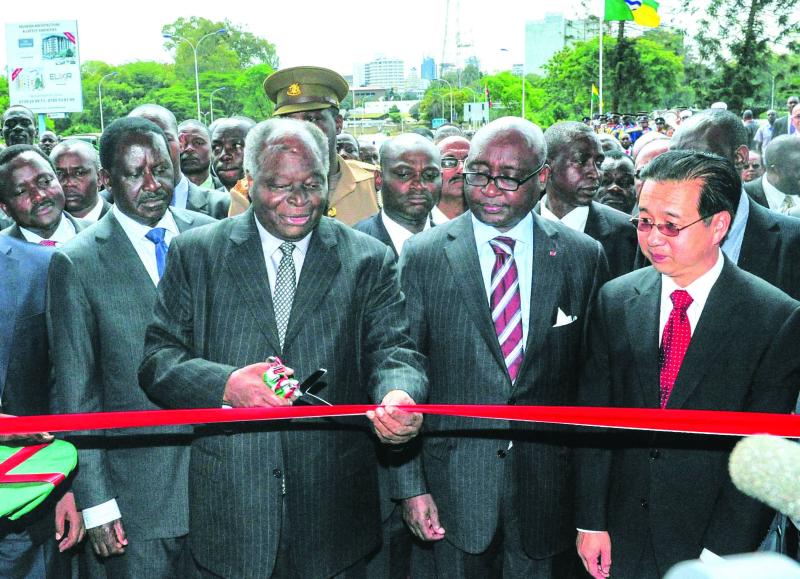×
The Standard e-Paper
Stay Informed, Even Offline

Many Kenyans will agree that Mwai Kibaki was Kenya’s best road building president but they may be surprised about the particular project he was most proud of.
According to engineer Michael Kamau, a long-serving technocrat who was Permanent Secretary for Roads during Kibaki’s presidency, Kibaki was most proud of international corridors that linked Kenya to the East African community and the rest of Africa.